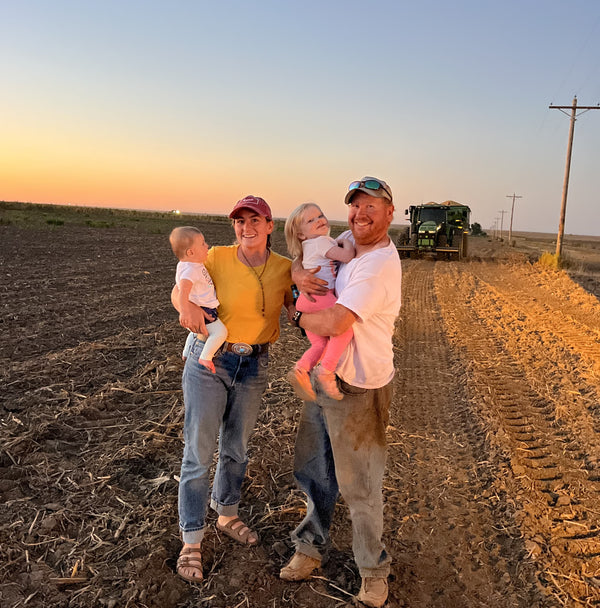How to find sustainable meat in my area
May 17, 2024
Understanding Sustainable Meat: Beyond the Labels
When people hear "sustainable meat," they often think of organic labels, non-GMO stamps, or prime beef cuts at the butcher shop with deep packets for a hot location or marketing ads. However, true sustainability in meat production goes far beyond these labels. It’s about achieving a balance between the environment, equity, and economy. Sustainable farming practices strive to create and maintain conditions where both humans and nature can thrive in harmony.
The Real Meaning of Sustainable Meat
To raise cattle sustainably, it’s not just about what the cows eat but also how their feed is sourced. Imagine a farmer sourcing non-GMO, organic, heirloom grains, but trucking them in from states away. Despite the labels, this process is not sustainable due to the significant environmental impact of long-distance transportation, the cost of the rare, expensive feed, and the limited budget from their customers in this current economic crisis. True sustainability means minimizing this impact by sourcing locally whenever possible.
The Balance of Sustainability
Sustainable meat production must be economically viable, environmentally friendly, and socially equitable. If a farmer cannot afford to produce the meat sustainably, the practice cannot continue. The local economy suffers, the farmer struggles, and there’s no future for those animals when feed bills cannot be met.
Labels vs. Relationships
Many of us meticulously research product labels and choose items based on their organic or non-GMO status. We buy clean products, organic cotton pajamas for our kids, and non-GMO corn chips. We use natural cleaners and skincare products. However, when it comes to the meat we feed our families, the absence of these labels doesn’t necessarily equate to lower quality or sustainability.
At our farm, we raise beef without hormone implants, unlike much of the meat available in grocery stores. Our cattle aren’t forced to overeat; they graze naturally and grow at their own pace. They receive more grass throughout their lives than many children likely ever see. We finish our prime beef on locally sourced corn, which we grind ourselves, minerals they need, and distillers they enjoy. Their feed isn't trucked in from far away but grown within our county, ensuring minimal environmental impact, and quality control.
The Importance of Local Sourcing
Our corn may not carry an organic label, but thanks to sustainable practices and advanced equipment, it’s treated with minimal and less harmful chemicals than some organic crops. Establishing a relationship with our feed suppliers means we have full control over what goes into our cattle’s bodies—and ultimately, our own. This level of transparency and control surpasses any label.
Trusting the Process
If I could find local suppliers for pasta, flour, or chips, the labels wouldn’t matter as much because I could directly observe and understand their farming practices. Knowing where and how our food is produced fosters trust and ensures sustainability.
Conclusion
Sustainable meat is about more than organic labels and non-GMO stamps. It’s about local sourcing, economic viability, environmental responsibility, and transparency. At Covey Rise Farms, we are committed to these principles, raising prime Angus beef that nourishes our families and supports our community. By understanding and embracing true sustainability, we can make informed choices that benefit both people and the planet.


